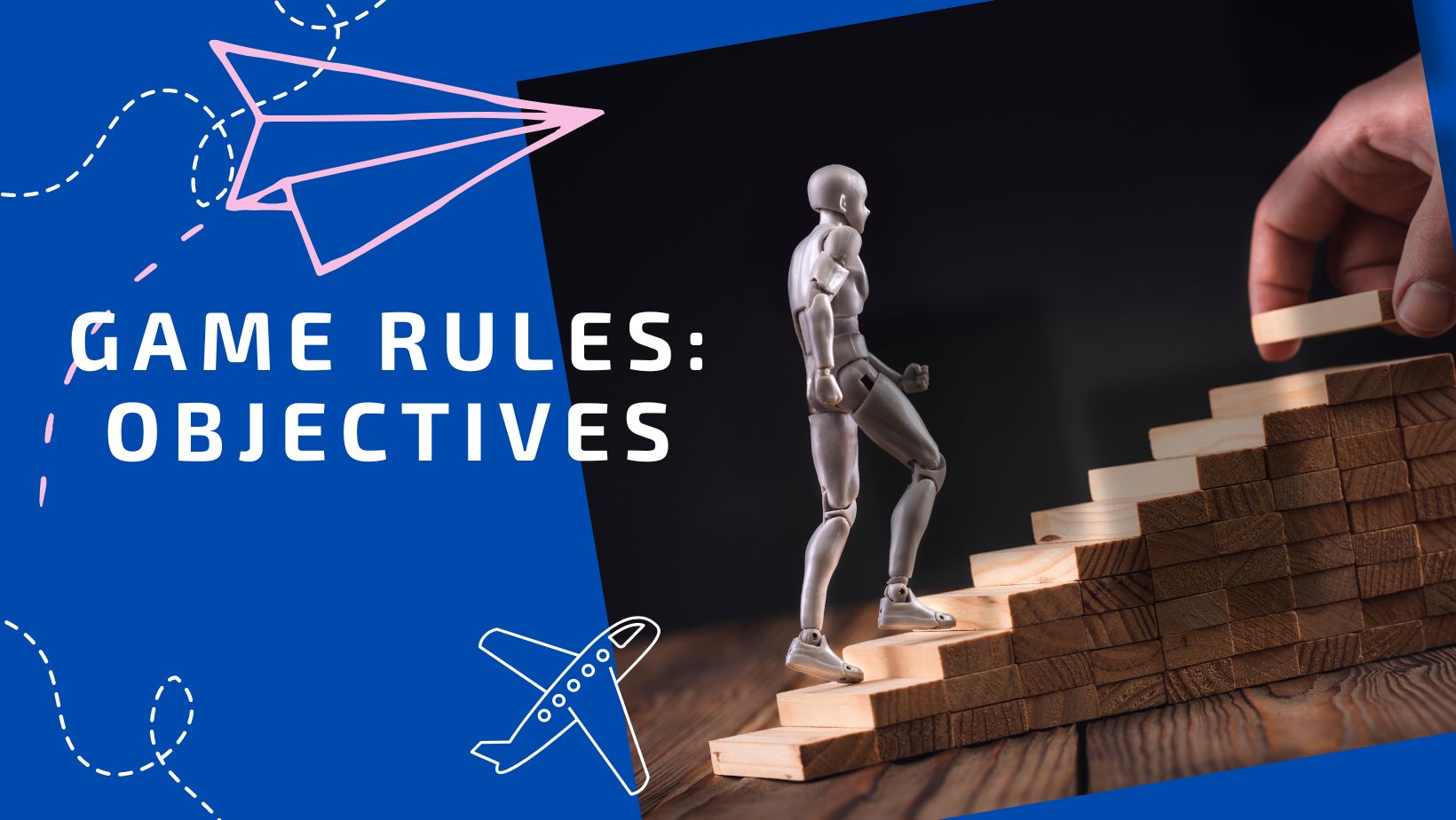The current national and international situation is unpredictable, changing and no longer respects the “rules of the game” until now. This can often lead to confusion, mistrust, uncertainty, and negativity. And yet, what can we do to rewrite the rules of the game and continue to evolve, develop and enjoy the success we want?
Setting authentic goals is the first step to positive and deliberate action. Although goals are usually imaginative and visionary, they are always a prelude to action, a track to follow, a path to follow. Goals are never a substitute for reality. They are an expression of our most noble qualities; they are an exercise of our desire for personal leadership: the desire to be a little better today than we were yesterday and the determination to be even better tomorrow. In order for our goals to have that magnetism that draws us to them and propels us toward our self-defined success, we can be guided by these goal-setting principles, these “rules of the game”:
Your goals should be your own personal goals.
It is obvious that you are much more likely to achieve the goals you choose for yourself than the ones that others generate. But your goals should also be “personal” in the sense of “individualized.” If they are not based on your values, your goals will mean nothing, or almost nothing to you, they will not be attractive or motivating.
Your goals should be positive.
You can tell yourself, “I’m not going to procrastinate when it’s time to do my monthly report.” What mental image can you see of yourself “without postponing”? You’ll be much more likely to achieve your goal if you state it positively: “Complete my monthly report by the first of every month.” You now have a positive image to visualize. You can see yourself sitting at your desk doing your report. Goals, to be effective, need the motivational force created by a positive mental image of yourself doing what you want to do, or being what you are, or what you want to become.
Your goals must be realistic and achievable.
Goals should represent a challenging goal that you are able and willing to work towards. For example, a recent college graduate with a bachelor’s degree in chemistry could easily find a job as a lab technician at a large commercial research laboratory. It would be unrealistic to set the goal of being the director of that research lab in six months. Achieving the necessary skills and rich experience would be impossible in that period of time. Because such a goal is unrealistic, it would also have little motivating power. This does not mean that a young laboratory technician should abandon all plans to obtain the position of director. A goal for a first step of progress within a reasonable period of time, along with a plan for acquiring additional skills and experience would be realistic and achievable, and would have strong motivating power.
Goals should include personality changes.
Many young people would like to be the head of a company or have a high position, but they do not know the character traits or personality necessary to become a professional executive. As a result, they have no goals for developing those character or personality traits. Regardless of the type of work you do or the position you currently hold, any development goal must include the personality growth necessary to handle the desired position.
Some people are willing to set goals about “having” but not about “being” or “becoming.” It is vital to establish your “become” goals before you can achieve the more tangible “have” goals.
Just as the human mind does not understand the word NO, society cannot progress with people who do NOT act.
 HELP YOUR TEAM DEVELOP THEIR POTENCIAL
Prev post
HELP YOUR TEAM DEVELOP THEIR POTENCIAL
Prev post

